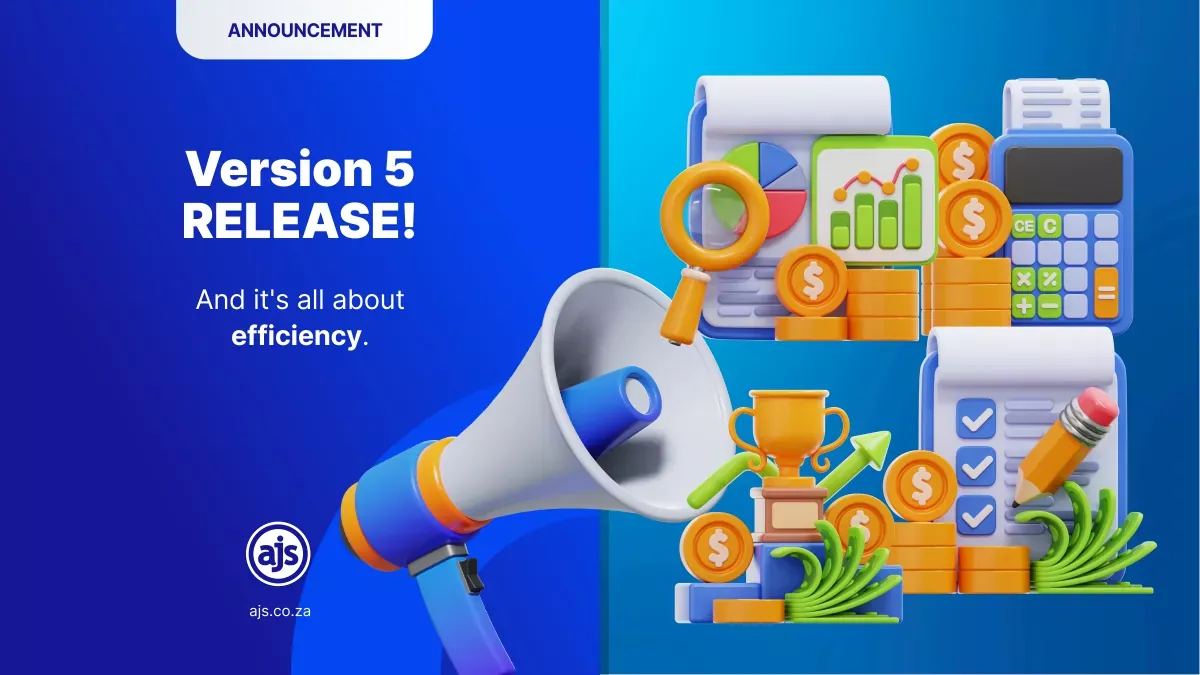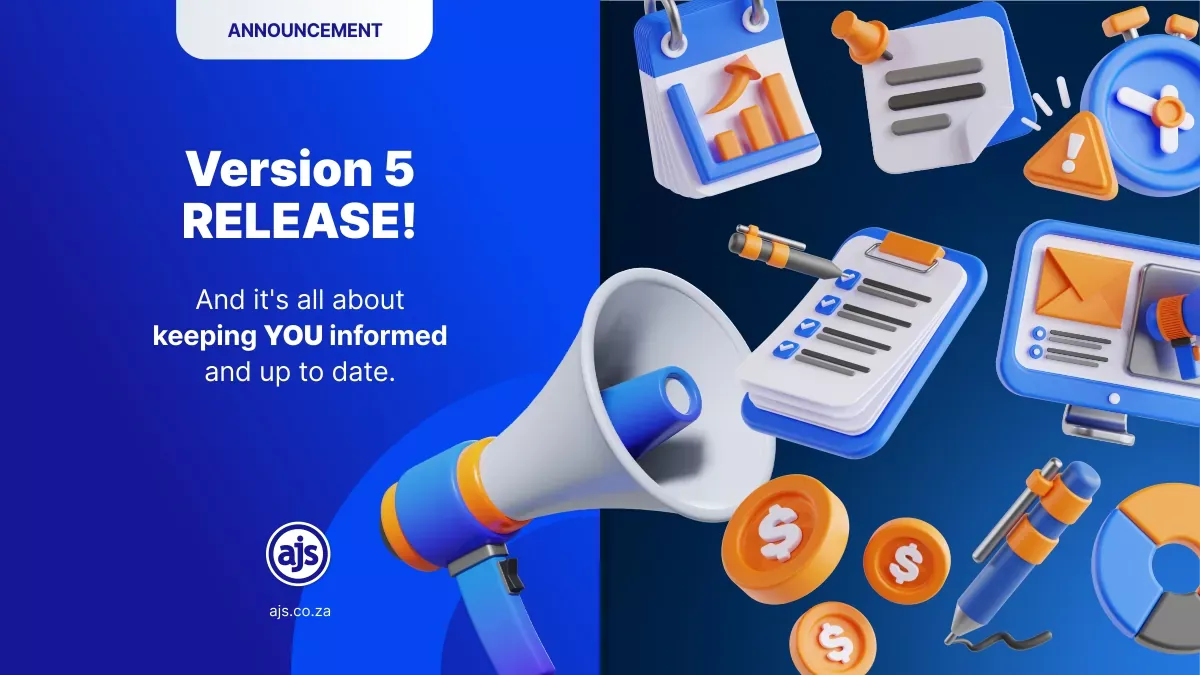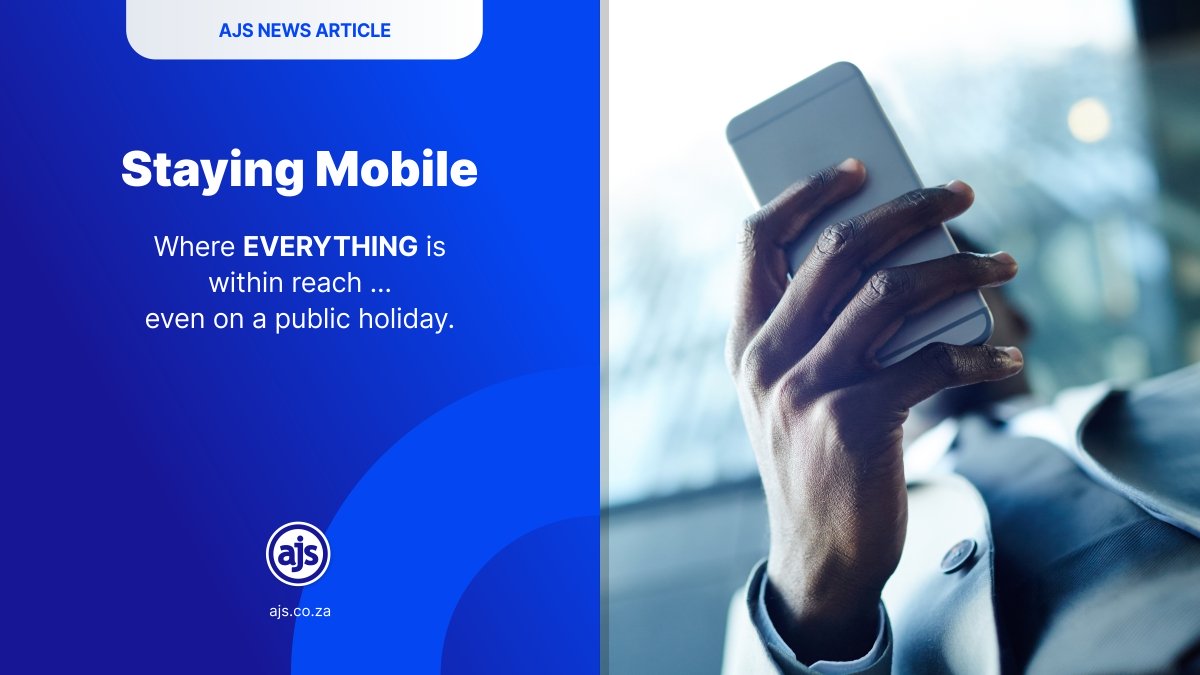
The Zen of Work: TYPES OF LEGAL COSTS
With “Holly” on a mission to take control of her work situation – aiming to instil a feeling of Zen in her workspace – she has come to us seeking answers.
And we are happy to oblige Holly. As always.
Holly has made a promise to herself to get things well and truly up and running in the next coming months – determined to see her law firm soar in 2023.
In an effort to do just that, Holly has once again, started to focus her attention inward. Looking more closely at how her law firm is operating. Better still – how it should be operating.
And there is a lot to take in where the optimal operating of a law firm is concerned.
Take the types of legal costs as an example.
As a single legal practitioner, Holly needs to understand how to treat each principle of her practice so that she can confidently run her own business.
So, let’s chat about the types of legal costs you can get and put Holly’s mind at ease.
Magistrate and High Court Tariffs
Holly previously chatted about the process of recovering unpaid legal fees from her clients – something she found she was having to implement a cost recovery strategy for. Writing off fees occurring far too often.
And this got her thinking about the different types of legal costs that she has come across over the years. Ones awarded by courts during one of her many matters. But in a moment of sheer panic, she has kind of forgotten what each of them are.
While she is able to look these costs up pretty easily herself (considering all legal costs are – logically – based on both Magistrate and High Court tariffs (which differ) and are set according to the Rules of Court), we thought we would save her the trouble and give her a little bit of a refresher…
So, first and foremost, it’s worth noting that legal costs depend on which court your matter is heard in. It’s important for Holly to keep on top of these costs, as they are often amended.
Cases move from a Magistrate’s Court to a High Court once the value of a claim goes above R400 000. In addition, certain types of cases are heard only by a High Court – such as criminal cases involving murder, rape, or treason.
The Rules of Court set out the tariffs applied by both Magistrates’ and High Courts. Magistrate Court tariffs are charged according to one of four scales (A through to D), based on the value of a successful claim. Scale D allows the highest proportion of legal costs to be recovered. In Magistrates’ Courts, advocate fees aren’t recoverable unless this is specifically ordered, whilst in High Courts, costs awarded typically do include advocates’ fees.
Costs are usually for the losing party to pay (their own costs as well as the partial costs of the successful party). But that all depends on the individual matter – it’s not always so dry cut. Just because you win your matter, doesn’t mean – automatically – that costs will be awarded. The merits of the matter and individual circumstances are often taken into account as well.
Types of Costs
It’s common knowledge that there are 3 main types of costs that are awarded by the courts –
Party and Party Costs
Party and party costs are costs incurred while prosecuting or defending a claim in court. They relate only to costs actually associated with an actual court case. They don’t include the costs of attendances between client and attorney i.e. the costs attorney’s charge for time spent communicating with the other party’s attorney (part of an ongoing or current court case).
Party and party costs are also specific to the matter at hand. They won’t include costs incurred before a summons or notice of motion has been issued and served (remember the costs must deal with the actual court case and what is directly connected to it).
Party and party costs are the costs most often awarded in matters.
Attorney and Client Costs
Attorney and client costs include party and party costs, as well as other costs. These costs will include attendances between the client and the attorney. They are thus a little more onerous.
Attorney and client costs are not the “go-to” costs order. They are usually awarded during a contractual dispute – where the contract specifically sets out that attorney and client costs are payable should a dispute arise.
Attorney and client costs also act like a little ‘slap on the wrist” for a litigant in a matter whose conduct has been “unbecoming” and thus requires a punitive costs order to be awarded.
Attorney and client costs, while punitive in nature, are still subject to the same court tariffs as party and party costs.
Attorney and Own Client Costs
These are costs that are not awarded by the courts.
Attorney and own clients’ costs refers to the costs a client will actually owe their attorney. The costs that a client will need to settle with their attorney – whether or not the matter is successful. These happen to be some of the costs that Holly has had trouble recovering – hence the need for a cost recovery strategy.
It’s worth noting that in some personal injury claims, attorneys sometimes work on a “no win, no fee” basis. Meaning if the matter is unsuccessful, the client will not have to settle the attorneys’ fees. But this isn’t written in stone and will also depend on the matter as well as the law firm involved.
(Sources used and to whom Holly gives thanks: DSC Attorneys MBLH Attorneys and A Simple Guide to Legal Costs in South Africa).
What happens after costs are awarded?
This may be jumping the gun ever so slightly but after legal costs are awarded, a bill of costs (which looks like a type of account) is prepared and provided to the taxing master of the relevant Court. The taxing master will then consider whether the bill of costs is correct.
Hmmmm…. Perhaps Holly should be thinking about Bill of Costs next…?
And those are legal costs, in a nutshell at least.
With that, Holly can tick off one more thing on her “to-do list” in optimising her practice.
There are many attorneys who have the software packages in place but are just not sure how to fully use them, what everything does and how they can optimise their practice to ensure that it’s performing with accuracy and reliability.
But, with the help of AJS, your practice (regardless of its size) can (and will) succeed.
We will continue going through tips, answering your FAQ’s, and providing you with information that will better equip the everyday user of legal tech, like you and like Holly, to achieve a state of Work Zen.
It’s all easy. If you know how… Just ask us.





Leave a Reply